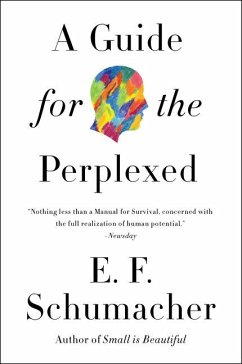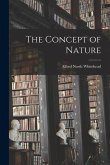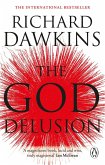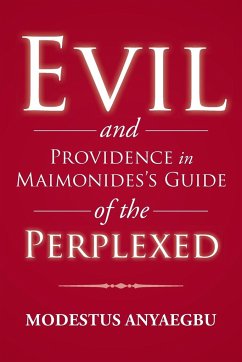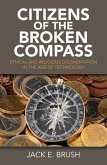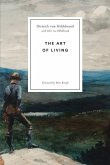An inspired critique of modern materialistic values and a road map for achieving one's true, higher potential from "one of the wisest minds of our time."* "This is what my life has been leading to," said the maverick economist E. F. Schumacher upon completing A Guide for the Perplexed, his summation of a lifetime of wisdom. The author of the classic Small Is Beautiful, the "eco bible" (Time) named one of the Times Literary Supplement's 100 Most Influential Books Since World War II, Schumacher charts the failings of "materialistic scientism," the system of thought that dominates the developed world and which Schumacher charges with narrowing the horizons of human experience. Instead, he seeks to offer a new, far more expansive "map for living" that liberates our goals beyond the constraints of logic and inspires in us the faith to choose a life of higher significance. "Our ordinary mind always tries to persuade us that we are nothing but acorns," he writes, "but that is of interest only to pigs. Our faith gives us something much better: that we can become oak trees."
Hinweis: Dieser Artikel kann nur an eine deutsche Lieferadresse ausgeliefert werden.
Hinweis: Dieser Artikel kann nur an eine deutsche Lieferadresse ausgeliefert werden.

